Artificial Intelligence (AI) is making significant strides in healthcare. It has the potential to change how we diagnose, treat, and manage diseases. AI tools can analyze vast amounts of data quickly, leading to better patient outcomes.
As we explore the various aspects of AI in healthcare, we’ll see how it can improve patient diagnosis, streamline administrative tasks, enhance data security, and overcome integration challenges.
Improving Patient Diagnosis and Treatment
AI can significantly enhance patient diagnosis and treatment. It does this by analyzing large amounts of data quickly and accurately. For instance, AI can review medical images like X-rays and MRIs to spot issues that a doctor might miss. This can lead to earlier detection of diseases like cancer, allowing for faster and more effective treatment.
AI can also help doctors develop more personalized treatment plans. By analyzing a patient’s medical history and current condition, AI can suggest treatments tailored to the individual’s needs. This means patients get care that is more suited to their specific situation, improving their chances of recovery.
Another way AI improves treatment is through predictive analytics. This involves using data to predict how diseases might progress or how patients might respond to treatments. With this information, doctors can make better decisions about how to treat their patients, leading to better outcomes.
Streamlining Administrative Tasks
Healthcare involves a lot of paperwork and administrative tasks. AI can take over many of these tasks, making the system more efficient. For example, AI can automate appointment scheduling, ensuring that patients are seen in a timely manner. This reduces waiting times and makes the process smoother for both patients and staff.
AI can also help manage patient records more effectively. By organizing and updating records automatically, AI reduces the risk of errors and makes it easier for doctors to access patient information. This means doctors spend less time on paperwork and more time caring for patients.
Billing and insurance claim processing are other areas where AI can help. AI systems can check claims for errors, verify insurance coverage, and even predict which claims might be denied. This speeds up the billing process and ensures that payments are processed more efficiently. By handling these tasks, AI frees up healthcare workers to focus on their primary role: providing care.
Enhancing Data Security and Privacy
AI can also play a crucial role in enhancing data security and privacy in healthcare. Medical records contain highly sensitive information, so protecting these records is vital. AI can help by providing advanced encryption techniques that keep data safe from unauthorized access.
AI systems can monitor networks for any unusual activity. If they detect a potential security threat, they can alert administrators immediately. This allows for quick action to prevent data breaches. By constantly scanning for vulnerabilities, AI helps keep patient data secure.
Another important aspect of data security is proper data governance. AI can help manage and enforce policies for data use and storage. It ensures that data is handled according to regulations, reducing the risk of legal issues. Enhanced privacy measures also build trust, encouraging patients to share their information knowing it will be protected.
Overcoming Challenges in AI Integration
Integrating AI into healthcare systems comes with its own set of challenges. One major challenge is the high initial cost. Implementing AI technologies requires a significant investment in software, hardware, and training. However, the long-term benefits often outweigh these upfront costs.
Another challenge is the complexity of existing healthcare systems. Integrating AI requires ensuring compatibility with current systems, which can be difficult and time-consuming. This process needs careful planning and coordination.
Here are some steps to overcome these challenges:
1. Start Small: Begin with pilot projects to test and refine AI solutions before a full rollout.
2. Training: Train staff to use AI tools effectively, ensuring they understand how to integrate these technologies into their workflow.
3. Collaboration: Work with AI experts and technology partners to ensure a smooth integration process.
4. Policy Development: Establish clear policies for data management and AI use to guide implementation.
Addressing these challenges will help healthcare providers successfully integrate AI, unlocking its full potential.
Conclusion
AI has the potential to revolutionize healthcare, bringing numerous benefits such as improved patient diagnosis, better treatment plans, and streamlined administrative tasks. By enhancing data security, AI ensures that sensitive patient information remains protected. However, integrating AI into healthcare systems is not without its challenges—careful planning, cost management, and effective training are critical for successful implementation.
Despite these hurdles, the advantages of AI in healthcare are evident. It promises a future where healthcare providers can offer faster, more accurate diagnoses, personalized treatment plans, and efficient service. Staying informed about AI developments will help both providers and patients fully benefit from this technology.
To learn more about how MCI can support your business with customized contact center and technology solutions, visit our website. Let’s work together to embrace the future of AI in healthcare.





















